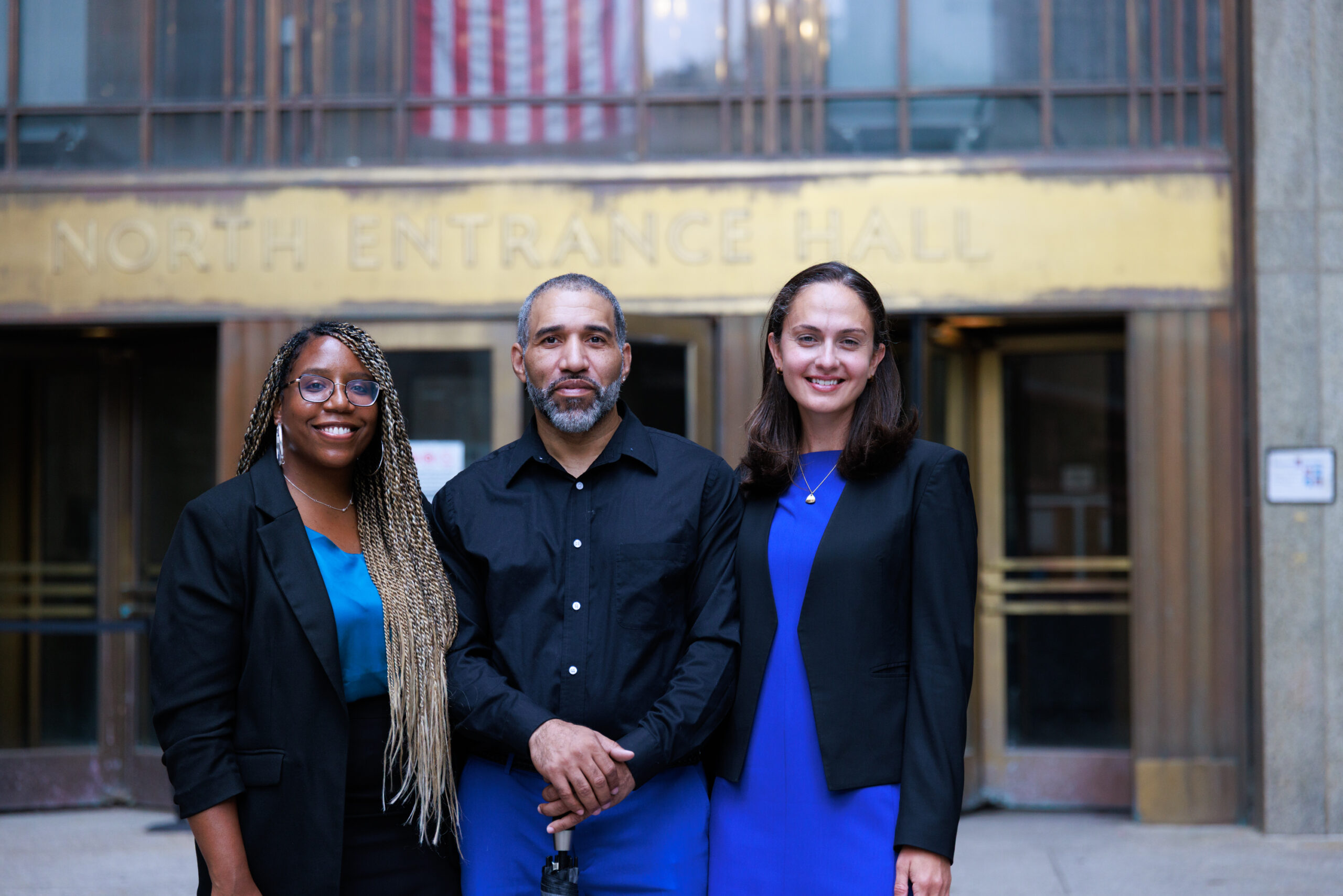False Confessions
False Confessions

Research has shown that lying about evidence increases the likelihood of a false confession. (Image: Cottonbro Studio/Pexels)
False confessions occur more than most people think and result from a variety of factors, including the use of coercive and deceptive tactics during an interrogation.
It’s hard to imagine why an innocent person would confess to a crime they didn’t commit, but research shows that false confessions can take place due to law enforcement’s use of intimidation, force, coercive tactics, isolation during interrogations, deceptive methods that include lying about evidence, and more. An innocent person may also falsely confess because of increased stress, mental exhaustion, promises of lenient sentences, or challenges with understanding their constitutional rights. Children, people with intellectual disabilities, and people with language barriers are left particularly vulnerable due to this lack of comprehension.
On average, people who falsely confessed were interrogated for up to 16 hours before admitting to a crime they did not commit (research shows that the reliability of confessions is greatly reduced after a prolonged interrogation). In some cases, they were convicted despite the fact that DNA evidence clearly contradicted their supposed involvement. In these instances, prosecutors conjured theories persuasive enough to convince juries to vote guilty, even though DNA evidence strongly supported innocence.
To prevent false confessions from leading to a wrongful conviction, we are actively advocating for the right to counsel during interrogations and for mandatory recording of all custodial interrogations, the latter of which improves transparency and creates a truthful record of what led up to a confession. We are also working to ban the use of police deception in the interrogation of juveniles, allow false confession experts to testify in court, and convince judges to hold pretrial reliability hearings before a confession is admitted.

Research has shown that lying about evidence increases the likelihood of a false confession. (Image: Cottonbro Studio/Pexels)




